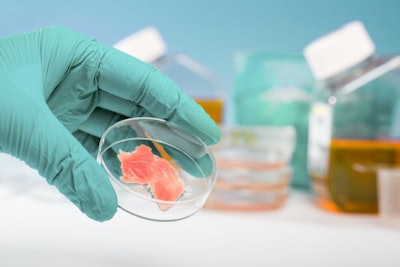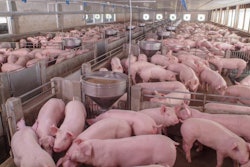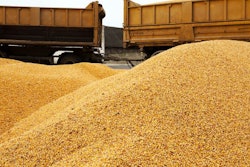
As plant-based protein development, technology and investments accelerate, which new product advancements should be on animal protein’s radar?
Limitless investment capital and the rapid honing of “taste” technology provide an opportunity for purveyors of alternative protein products to absorb more market share from the animal protein sector sooner than anticipated.
“I have never seen an industry get this much interest, this much activity, this much money, in my entire career,” said Olivia Fox Cabane, co-founder of KindEarth.Tech (KET), an organizer of live events to “stimulate conversations about the future of food between players within the protein industry,” during the “Scaling up your sustainable protein business” panel discussion at the Bühler Virtual World Conference.
According to the Good Food Institute, SPINS April 2021 retail sales data shows that “grocery sales of plant-based foods that directly replace animal products have grown 27% in the past year to US$7 billion.”
In addition to the growing consumer acceptance of these products as just another protein option, the amount of capital being thrown at the “future of food” has resulted in a boom of new players entering the market — many from outside of the food industry.
“At least 60% of the [alternative protein] brands — if not more — did not exist in 2018,” Cabane explained. “These are all new brands. When I talk to people who want to start a company, I tell them, ‘Listen, forget social media, the alternative food world is where it’s at — that is where the market is exploding.”
Plant-based dairy advances
Cabane suggests the utilization of microflora will be able to replicate the taste of dairy, which will spur new products to rival traditional dairy and other plant-based alternatives alike.
“Companies in this space are putting out products that are virtually indistinguishable from actual dairy products,” she said. “The traditional dairy industry is spending a lot of money lobbying and advertising to try to stop the rise of plant-based milk — but that train has left the station, that ship has sailed. What they should be worried about is an explosion in the world of [plant-based] cheese.”
She notes that while many faux “cheeses” have missed the mark, new vegan cheese products from England look, feel, smell, and taste like real cheese.
“Whenever you talk to someone who’s trying to transition to plant based, they tell you, ‘I would go plant based, but I can’t give up cheese,'” she noted. “When microflora becomes an integral part of the plant-based cheese world, there will be very little reason to stick with a traditional cheese.”
She tells investors to pay attention to the plant-based cheese category because it is going to grow the fastest.
Emerging alt protein sectors
Cabane believes cell-based technologies, advances in fungi research and development spanning many industries beyond food, algae as an incredible renewable resource, and the ingredients used to manufacture alternative proteins, i.e. scaffolding, will be the plant-based food segments that will experience tremendous expansion soon.
“If that much growth happened in three years, just imagine what will happen in the next three years,” she said, but warns that companies entering the space must think like engineers, with a viable plan for scaling and automation in place from the get-go.
To view all the players in the rapidly growing alternative protein space, visit KET’s Food Maps, featuring the logos of the companies on the cutting edge of protein’s future: https://www.kindearth.tech/ket-food-maps

















